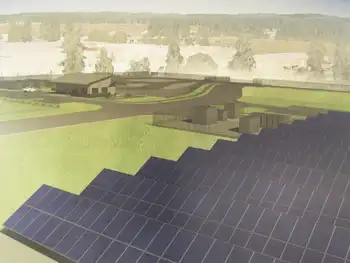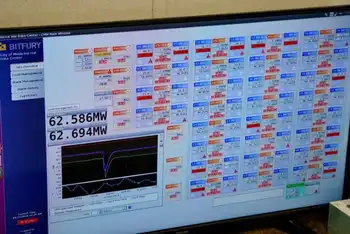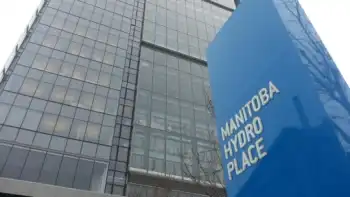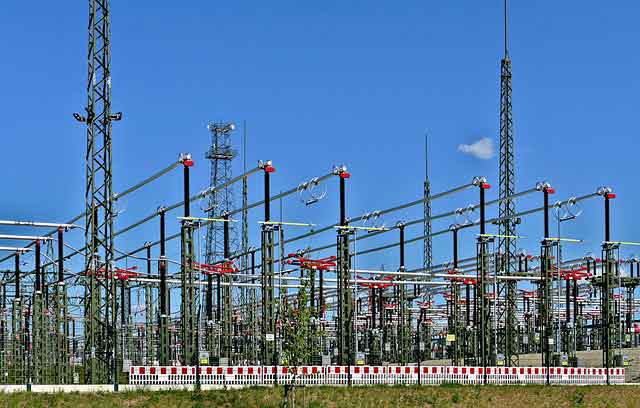Mississippi governor: carbon, energy taxes could stunt growth
By Associated Press
Protective Relay Training - Basic
Our customized live online or in‑person group training can be delivered to your staff at your location.

- Live Online
- 12 hours Instructor-led
- Group Training Available
At the opening of an energy conference sponsored by the Southern Growth Policies Board, the second-term Republican said cap-and-trade proposals on carbon emissions being pushed by President Barack Obama's administration would drive up the average Mississippi residential power bill by as much as 50 percent.
Barbour also said proposed federal taxes on energy production would drive up the cost of gasoline, diesel fuel and natural gas, not only on consumers, but on industry.
"These policies have in common that they would all inevitably and substantially increase the cost of energy to American families and American businesses, especially manufacturing," Barbour said.
Industries facing such costs might move overseas into nations with less stringent standards, resulting in little progress in reducing greenhouse gas emissions worldwide, Barbour said.
David Ratcliffe, chief executive of the Southern Co., a major power provider, said future power planning must include all available sources, including renewable energy and nuclear. Southern is planning to have two new nuclear units generating power in Georgia by 2016 and plans to generate more electricity using wood chips.
"There is not a single silver bullet we see as one entity that will meet the demands for more energy as we come out of this recession," Ratcliffe said.
With much of the South's electricity generated by coal, a main target of demands for carbon reductions. Ratcliffe said technology that burns coal cleaner will be needed as part of an overall energy policy.
"The Chinese have been to my company to study this technology because they want to deploy it in their country," Ratcliffe said. "Shame on us if we don't."
Currently, the Southeast enjoys some of the most competitive power rates in the United States, a factor that has played heavily into the expansion of the steel and automotive industries in the region, Ratcliffe.
Ratcliffe said some other areas of the country might like to see a national policy to bring rates closer together and "even the playing field" on economic development.











